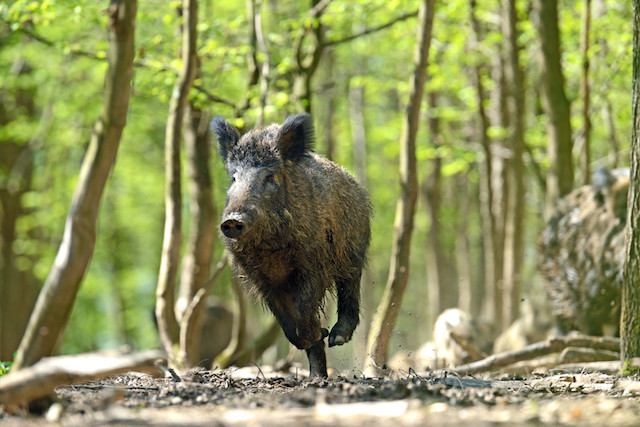The cull takes place from 4-5 July with the aim to create an area where there are no wild boar to avoid future contagion from boar in Belgium. It is organised by private hunters on hunting sites identified in the buffer zone between Luxembourg and Belgium.
The nature and forestry administration will provide logistical support during the cull while the army will conduct ground reconnaissance to locate the boards. Belgian hunters will, meanwhile, monitor their side of the zone in case wild boar cross the border.
Members of the public are warned not to enter the exclusion zone and respect signs along footpaths and cycle paths close to the area.
African swine fever was first confirmed in Belgium on 13 September 2018 in two wild boars in the province of Luxembourg. According to the Luxembourg government, the virus has not yet been detected in the grand duchy, which constructed an eight-kilometre fence along the border to prevent its spread from Belgium.
In Tuesday’s press release, the agriculture ministry said that African swine fever was spreading further north of Belgium, prompting a study into extending the fence further north.
Any detection of a dead boar must be reported to the local authorities by calling 247-56666.
African swine fever affects wild and domestic pigs but poses no threat to other animals or humans even if contaminated meat is consumed.
